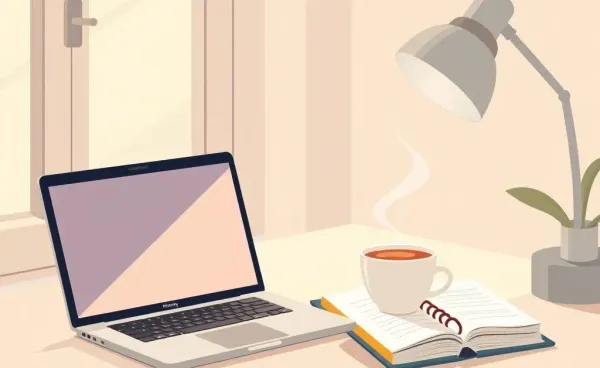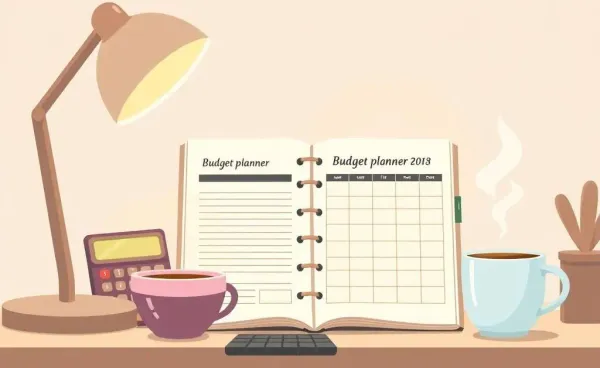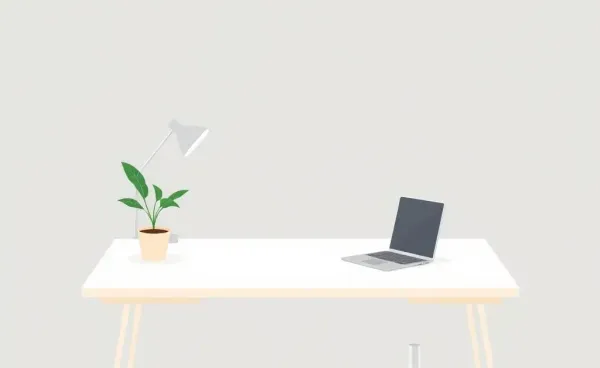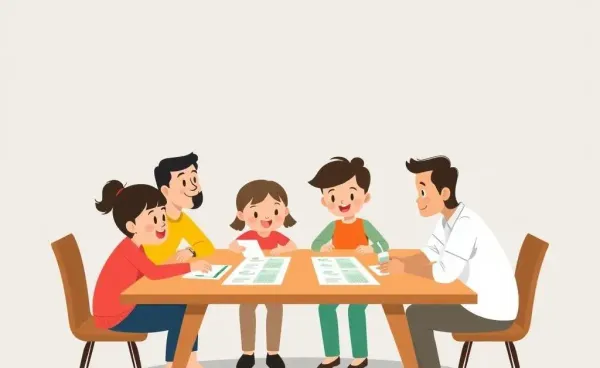Is Minimalism Secretly the Key to Financial Freedom?
Uncover the minimalist approach to saving money and decluttering your life.

Ever wonder if clearing out your living room could lead to a fuller bank account? The idea that minimalism equals savings might sound almost too good to be true, but there’s a solid connection between owning less and saving more. Let’s explore how streamlining your possessions isn't just about aesthetics but also about financial peace.
The Minimalist Philosophy
At its core, minimalism is about reducing clutter and focusing on what truly matters. Imagine a life where you’re not constantly overwhelmed by the things you own. For some, it begins with a closet detox; for others, it's a full-blown lifestyle shift. But here’s the financial kicker: minimalism can actually help you save money.
Wants vs. Needs
Remember Aaron, your old school buddy who always seemed to have the latest gadgets before anyone else? Little did you know, Aaron was drowning in credit card debt. When he pivoted to minimalism, he learned to differentiate between his wants and needs.
- He stopped buying into fleeting trends.
- He focused on quality over quantity.
- He found contentment in experiences rather than items.
His new lifestyle allowed him to funnel previous spending into savings, helping him pay down debt and build financial security.
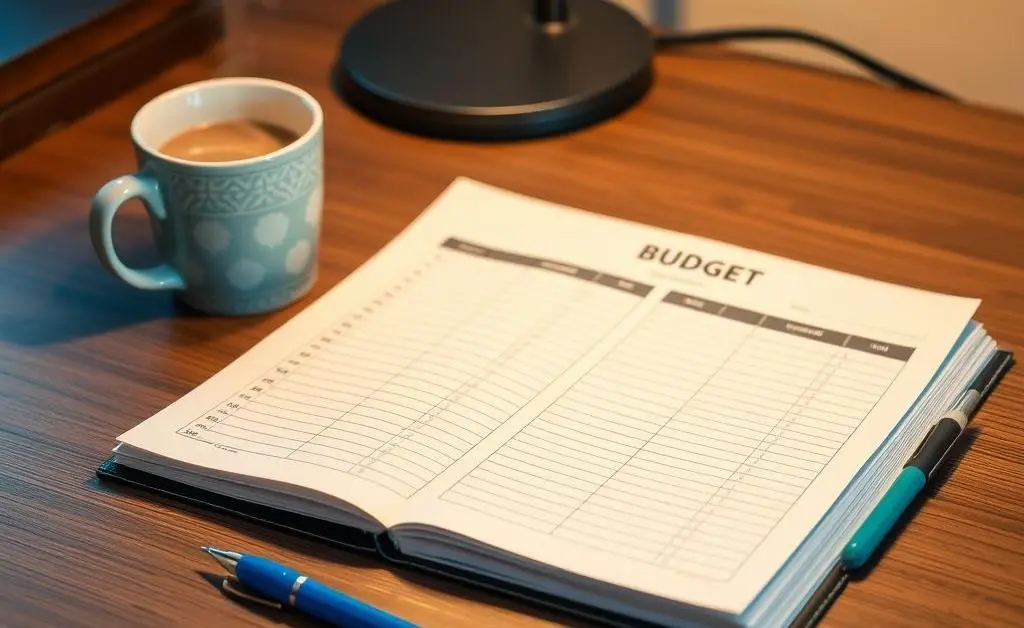
Living with Intention
One of the main benefits of adopting a minimalist lifestyle is that it encourages you to live with intention. This mindfulness naturally extends to your finances. Think about it this way: every purchase becomes a well-thought-out decision rather than a spur-of-the-moment buy.

Simple Living, Wise Investing
People dabbling in minimalism often find themselves with extra cash. Without the monthly electronics, fashion, or knick-knack splurges, where does this money go? Into savings and investments. With a clear financial goal, it's easier to see the benefits of putting money into assets that grow over time instead of depreciating gadgets.
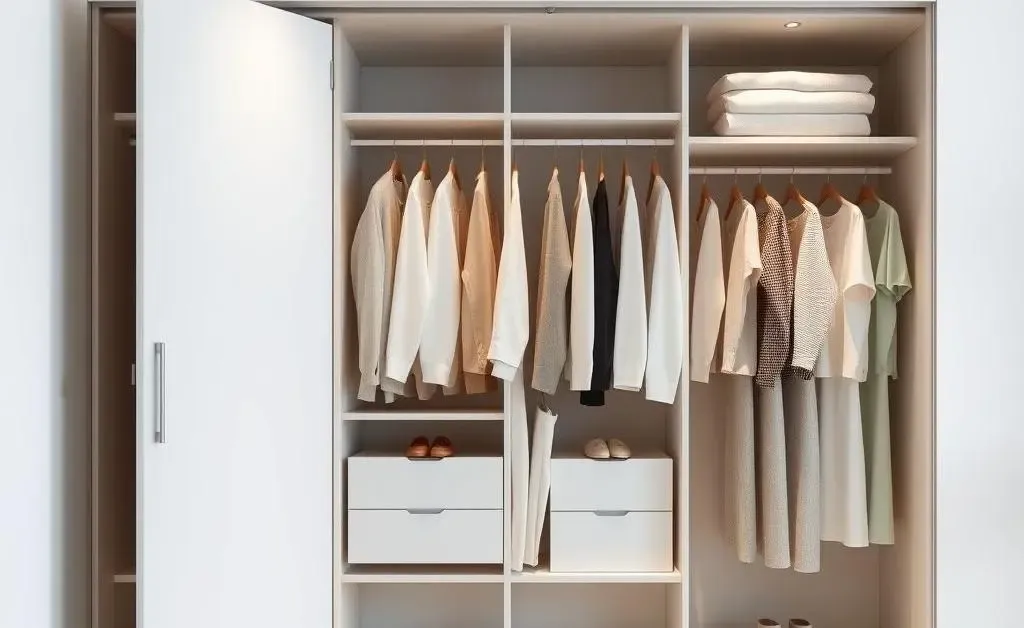
So, what if clearing your space could actually be the first step toward financial freedom? For many, minimalism is less about what you own and more about making what you do own—your money—work harder for you. What would you do with the financial space minimalism could create for you?

